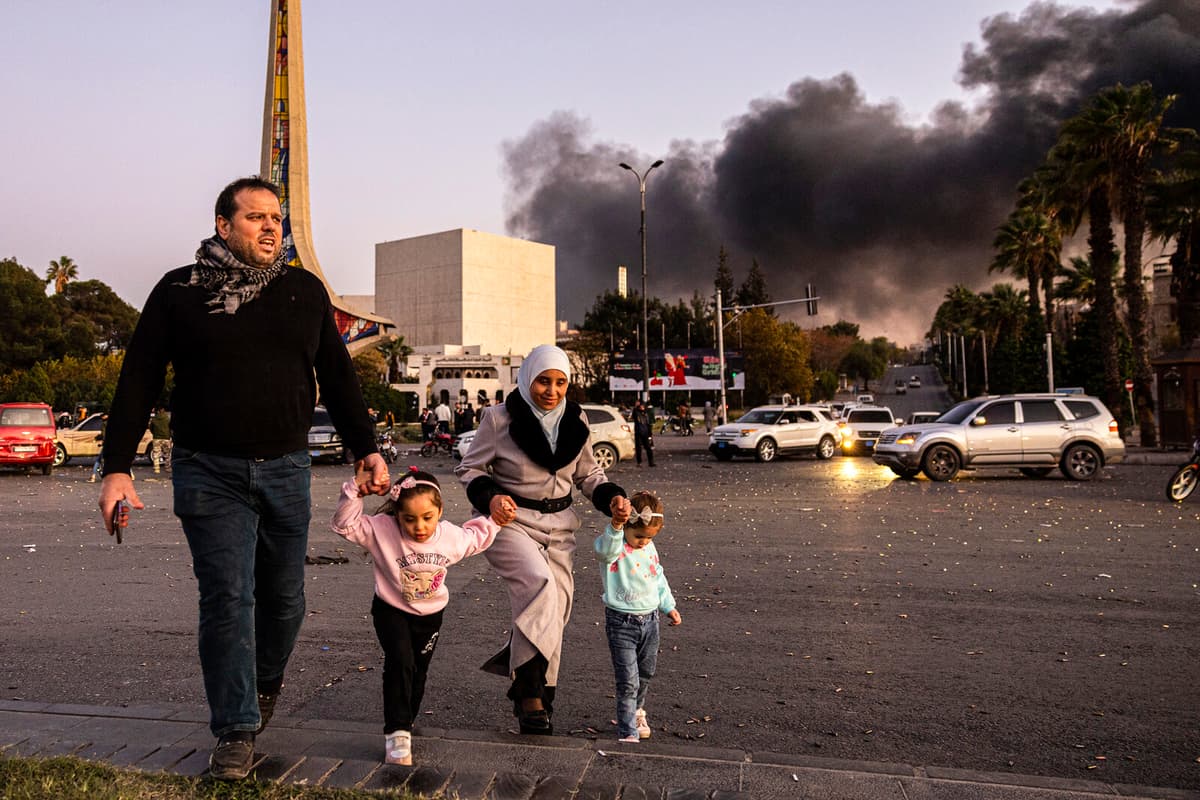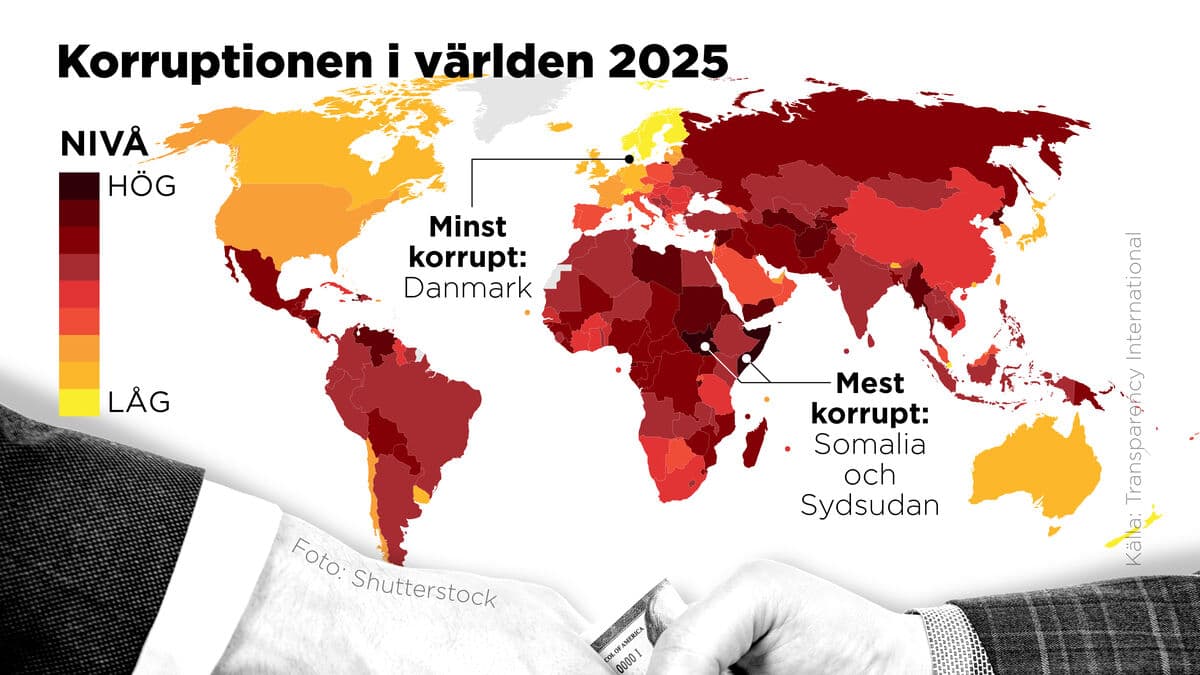She describes it as being reborn – the feeling that came over her when it became clear that dictator Bashar al-Assad had left the country and the regime had fallen. Like thousands of others, Rim Ramadan has made her way to the Umayyad Square in central Damascus to celebrate as history is being written.
It's indescribable. We never thought this nightmare would end, she says to the AFP news agency.
For 55 years, we were afraid to talk, even at home. We used to say that the walls had ears.
Many Syrians describe similar feelings: how the fear that was constantly present under the brutal rule of the Assad regime is slowly beginning to dissipate.
Today, I went out and, thank God, didn't have to be afraid of anything, says 40-year-old Abdelmonem Naqli to AFP.
"Can breathe"
An elderly woman is crying uncontrollably. Many in her family have died under al-Assad's harsh regime, she says to BBC – some of them in prison.
Thank you! Thank you! The tyrant has fallen, she exclaims between tears.
36-year-old father of three Alaa Dadouch is still afraid to say Bashar al-Assad's name.
It was selfish of him to just leave. Our president should at least have ensured that the army or police controlled certain areas until new leadership is in place.
Dadouch pauses in his conversation with the BBC reporter. Until recently, his words could have led to a long prison sentence.
Two days ago, I couldn't have said that he is selfish, it would have been a big problem. Everything is different now.
You can actually breathe, you can walk around. You can express your opinion, tell what bothers you without being afraid.
Searching for the missing
In several cities, long queues of celebrating Syrians are forming. Car horns are honking, fireworks are being fired, people are making peace signs and waving the opposition's flag. But for many, the joy comes with a bitter aftertaste – and the dictator's fall is too late.
In the Saydnaya prison north of Damascus, notorious for torture and arbitrary executions of political prisoners, people are gathering to search for loved ones.
Three of my family members are missing. They say there are four underground floors and that people are suffocating there, says Ahmad al-Shnein to The Guardian.
18-year-old Yamen al-Alaay is searching with the help of his mobile phone's flashlight for a relative who disappeared in 2017.
We came today and we searched and searched – but found nothing.
Until Sunday, the Syrian state had been ruled with an iron fist by the al-Assad family since the 1970s.
Syria's political system was formed by Hafiz al-Assad, president from 1970 to 2000. His son Bashar al-Assad inherited power after his father's death in 2000 and implemented some changes. But the underlying system remained the same: with the president as both head of state, supreme commander, and holding the highest executive power.
The uprising against Bashar al-Assad's regime that began in connection with the Arab Spring in 2011 soon took the form of a civil war with significant involvement of foreign powers, resulting in many deaths and a massive refugee wave.
A new constitution was adopted in 2012. Syria was declared a multi-party democracy, but only parties loyal to al-Assad were allowed, and the new constitution did not change how the country was governed in practice.
Independent organizations such as Human Rights Watch and Amnesty International have repeatedly reported on al-Assad's brutal rule and the state-controlled secret police that systematically tortured, imprisoned, and killed opponents of the regime.
Source: Landguiden/UI






